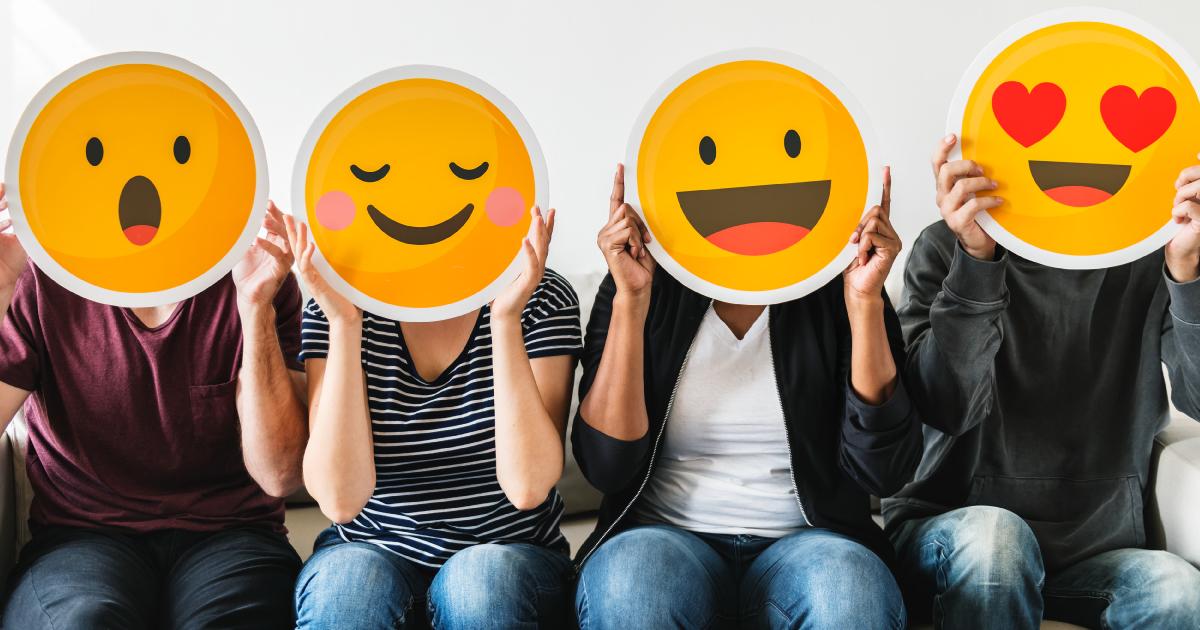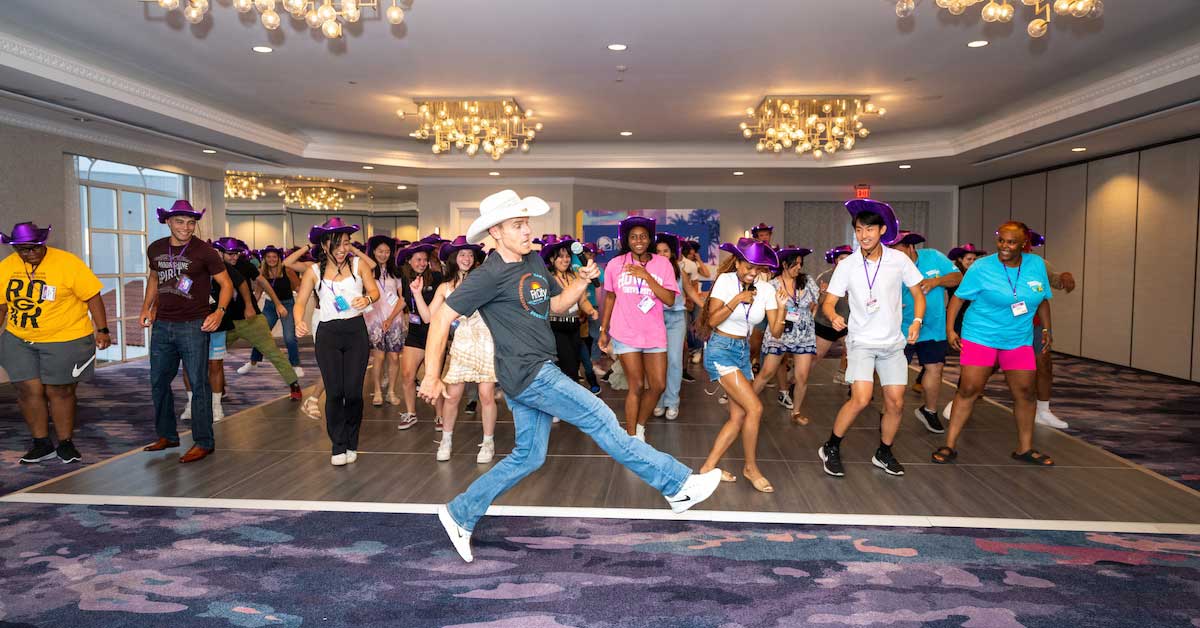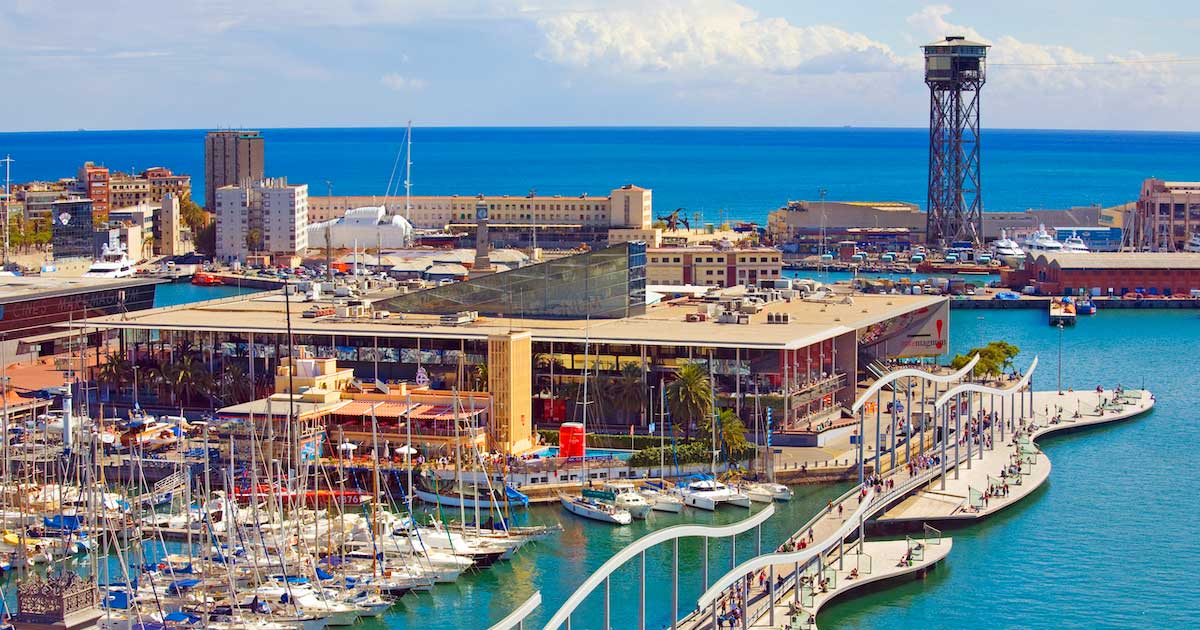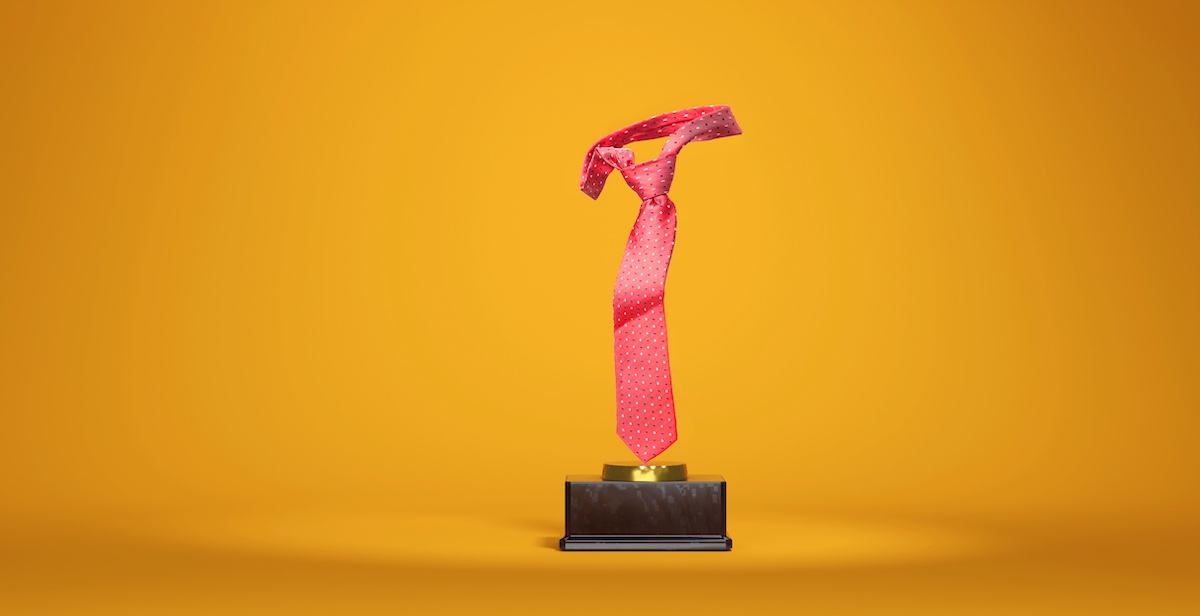Uber-novelist Stephen King once offered some deep insight into hype and buzz. He said when the message lands, and there then becomes a groundswell of genuine interest, that becomes “buzz.” It almost always portends good things (the success of your product launch, new feature rollout, etc.)—and creating that spark is what marketers live for. Marketers should pay attention to this insight because it goes straight to the heart of why consumers get excited about certain things.
It’s also what any brand that is planning an event should be hoping for. Getting the most bodies through the door at your next event will likely hinge on how well you did at creating genuine buzz. Here are four ways to achieve that and ensure there’s much anticipation for your next event.
Create an Outstanding Event Website
The first thing you’re going to want to do is create a website specifically for your event. It’s not enough to link to a page on your company website. And since this will be the official landing page for your big event—the point of contact where leads convert to attendees—you’ll want it to pack a punch. It should be well designed, elegant, direct, bold and offer a positive user experience. The colors you use should be simple, yet keep with the color scheme of your overall brand.
For an example of a group that did bold right, look no further than the website for the Festival of Dangerous Ideas. The Ethics Centre’s annual forum for international speakers has imbued their event website with the same provocative attitude that defines their organization. The site is simple and understated yet visually compelling and, above all else, interesting. They prime their audience with a 30-second promotional spot that further whets their appetite to attend.
Other examples of effectively designed event websites.
Utilize the Right Social Media Channels
The goal of event marketing is to reach people where they are. And in 2018, people are on social media. However, the success of your promotional message depends on how well you execute a social strategy as well as choosing the right platforms. The platform you choose depends principally on your brand and the type of event you’re promoting. And if you’re a B2B operation, you’re going to want to focus heavily on LinkedIn.
For professional networking platforms, this one is hard to beat. Users tend to be older, more affluent and more educated. A quarter of adults in the U.S. who are online use LinkedIn, as do half of all college graduates. So if you’re looking to invite folks to your next trade show, conference or event, you’ll find no greater pool (there are now 500 million users on LinkedIn) of potential attendees.
A prime example of a brand doing this well is the DIG Interactive Conference. This tech conference and media company from Charleston, S.C., does everything right with their LinkedIn promotion; including publishing short (about 25 words) promotional posts hyping their authoritative and renowned guest speakers. And their efforts seem to be generating buzz, as they routinely notch thousands of attendees at their events.
Of course, LinkedIn is not the only social platform out there. Consider these stats.
-
Instagram has surpassed one billion monthly active users and is popular predominantly among millennial women
-
Facebook has over two billion monthly users and an effective ads manager
-
Twitter has 330 million monthly users, many of whom are high-income millennials
-
Snapchat has over 300 million users, is popular with teen and millennial women, and offers great features for event marketing, such as geofilters
Ultimately, knowing the stats of all these platforms, as well as who is using them, is going to dictate on which ones you focus the bulk of your marketing efforts. The final step to round out your social strategy is to create a branded campaign around those platforms you’ve selected and incorporate targeted content to promote your event.
Launch an Email Campaign
If you already have a robust email list, that will make promotion even easier—especially if many on your list are attendees from previous events. You’ll want to send an initial email to your targets about 16 weeks before the scheduled event. This is just an initial announcement email covering the particulars: date of the event, location, when registration opens, link to your event page, etc.
The key with any email campaign is to nurture rather than inundate. So, wait until 10 weeks out to send the next message. Now that the audience has been primed, it’s time to appeal to them on a more personal level. Segment your list so that your audience is receiving more targeted emails that speak to them as individuals. After all, segmented emails generate a whopping 58 percent of all revenue for business, and it will be just as effective at helping to generate interest in your next event.
Be sure to send the final email two weeks before your event, urging recipients to register before it’s too late.
Don’t worry if you don’t have an existing email list, you still have plenty of options. For instance, you could look at partnering with a publication that has a similar audience, consider purchasing a targeted email list or look into cross-promotional opportunities.
Enlist the Help of Influencers
The days of celebrity endorsements driving consumer behavior are all but over. Today’s generation craves authenticity, thus most of their consumer behavior is driven by peer recommendations. Even the algorithms of social media channels are putting a premium on user sharing nowadays.
Enter influencer marketing.
Statistics show that this tactic delivers an 11x higher ROI than other forms of digital marketing. And some 94 percent of marketers who invest in influencer strategies report the tactic to be effective. So, if you want to create interest in your next event, you’ll want to get the message out with the help of the very people who are speaking directly to your target audience.
Many influencers with a large audience have spent years endearing themselves to their fans and building trust. The most valuable influencers to your event promotion are going to be the ones who enjoy that level of earned respect. Therefore, you will likely have to offer social incentives. Whether that’s early access to your event, VIP perks, promotional swag, etc., you’re going to need to get them excited before the event to ensure they spread the word among their audience and build that anticipation.
Explore some of the best free tools to find influencers.
How well you convert hype to buzz not only depends on using the strategies above, but how uniquely you use the strategies above to build anticipation for your next event. Can you think outside the box and create an event page no one’s seen before? Will your social campaigns rise above the competition with an interesting branded message? Will your email marketing standout? Those factors are up to you, and the more creative you get is all but guaranteed to translate into more attendees.


.jpg?sfvrsn=96553155_1)




